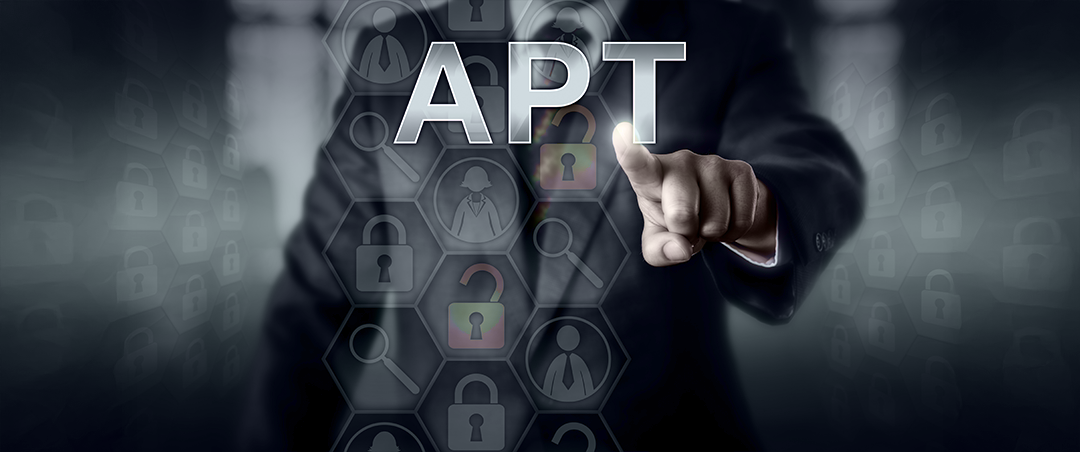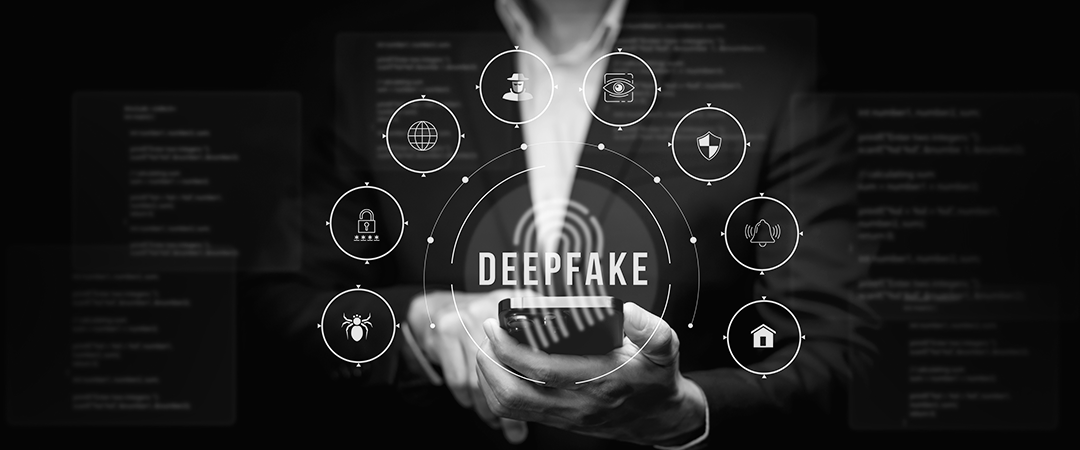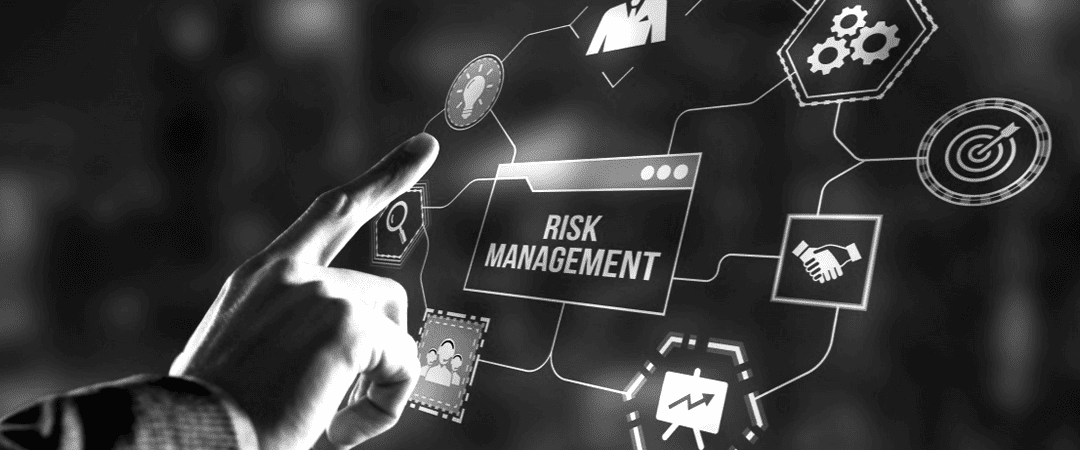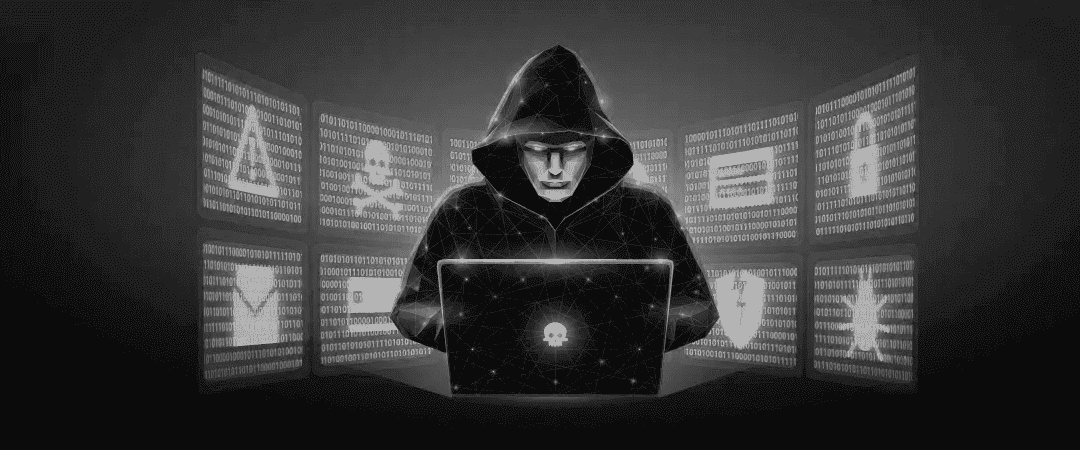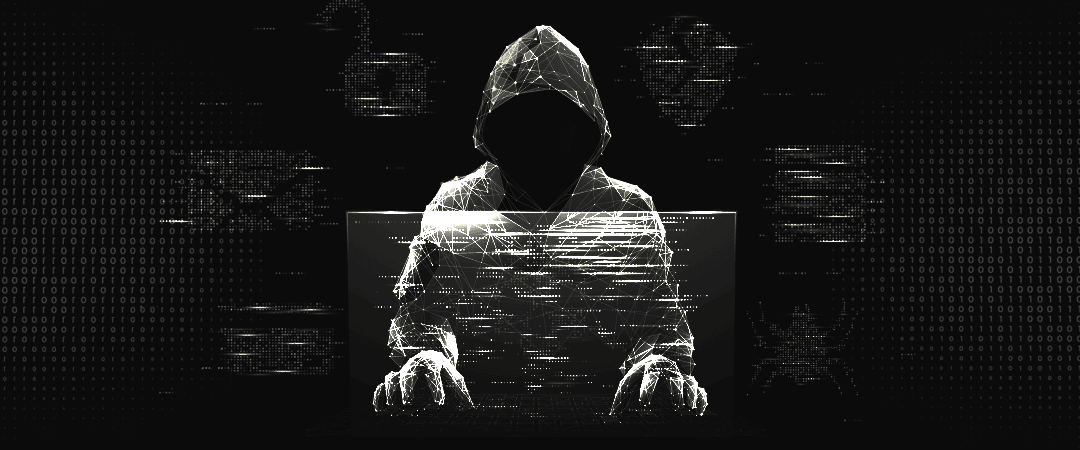What is ISO/IEC 27001 and how does it benefit your business?
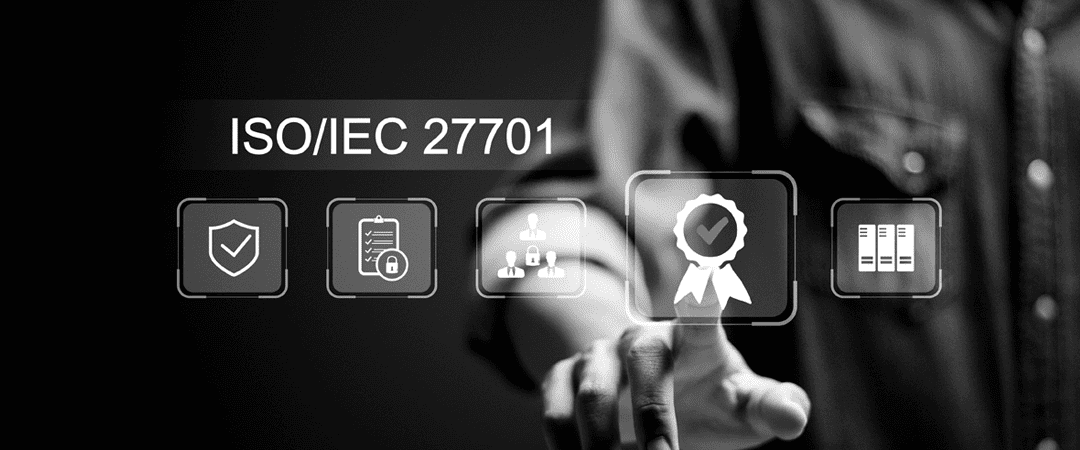
In a world where cyber threats are growing more advanced, ISO 27001 certification is a vital measure for effective information security; This blog delves into the intricacies of ISO 27001, highlighting its benefits, implementation process, and essential role in safeguarding sensitive data. It also explores how providers like NexaVault in the UK support organizations in achieving and maintaining this vital certification.
What is ISO/IEC 27001?
ISO 27001 is a globally accepted standard that defines the requirements for developing, implementing, maintaining, and continuously improving an Information Security Management System (ISMS). It's basically a methodical process of managing sensitive business information so that it can be protected. Being iso 27001 accredited or iso 27001 certified implies that an independent certification agency has audited your organization's ISMS and confirmed that it meets the strict requirements of the standard. This certification shows your dedication to data protection and establishes trust with partners and clients. Obtaining iso 27001 isms certifications ensures that your practices are in line with international best practices.
Why is ISO/IEC 27001 Important?
The importance of ISO 27001 cannot be overstated. In a world plagued by data breaches and cyberattacks, organizations need to proactively protect their information assets. Implementing an ISMS based on ISO 27001 helps:
Minimize Risk
A structured risk assessment process identifies potential vulnerabilities and allows for the implementation of appropriate controls.
Enhance Data Protection
ISO 27001 ensures that sensitive data is managed securely, protecting it from unauthorized access, disclosure, or alteration.
Build Trust
Being certified with ISO 27001 demonstrates your commitment to information security, building trust with clients, partners, and stakeholders.
Ensure Regulatory Compliance
Many industries have strict data protection regulations. ISO 27001 helps organizations achieve and maintain iso 27001 compliance.
Improve Business Resilience
By proactively managing risks, organizations can minimize the impact of security incidents and ensure business continuity.
Competitive Advantage
Showing that you are iso 27001 certified can be a great selling point when trying to win new clients.
How to get iso 27001 certification?
Securing ISO 27001 certification is a structured journey that demonstrates your organization's commitment to robust information security. This process, while comprehensive, ensures your business is fortified against evolving cyber threats and maintains crucial iso 27001 compliance. Here is a detailed breakdown:

1. Gap Analysis: Pinpointing Security Deficiencies
The initial step involves a meticulous gap analysis. This entails a thorough assessment of your current information security practices against the stringent requirements of the ISO 27001 standard. This stage identifies discrepancies, highlighting areas needing improvement to align with ISO 27001 ISMS certification requirements.
This is the time to check your current documentation, data protection methods, and current risk management protocols. This analysis helps understand the current state before ISO 27001 implementation.
2. Risk Assessment: Identifying and Evaluating Threats
A comprehensive risk assessment is crucial. This involves identifying potential threats and vulnerabilities that could compromise your information assets. This assessment evaluates the likelihood and impact of these risks, allowing you to prioritize mitigation efforts.
This step is fundamental to building a strong ISMS, and helps to understand where data protection is most needed. Properly performed risk assessment will help to lower the chance of a data breach.

3. Internal Audit: Evaluating the Effectiveness of Your ISMS
An ISO 27001 internal audit is conducted to evaluate the effectiveness of your ISMS. This audit ensures that your controls are functioning as intended and that your ISMS meets the requirements of the standard. This process allows you to find any problems before the final audit.
4. Management Review: Ensuring Ongoing Improvement
The results of the internal audit are reviewed by management. This review allows for necessary adjustments to be made to your ISMS, ensuring its continued effectiveness and alignment with evolving threats. This step reinforces the principle of continual improvement.
5. Certification Audit: Formal Evaluation by an Accredited Body
Once you are confident that your ISMS meets the requirements of ISO 27001, you will engage an accredited certification body to conduct a formal audit. This audit will determine if you will be ISO 27001 certified.
6. Certification: Achieving Recognition for Your Security Efforts
If the audit is successful, you will be awarded ISO 27001 certification, demonstrating your organization's commitment to information security. Maintaining this certification requires ongoing surveillance audits.

7. ISMS Implementation: Building Your Security Framework
Based on the findings of the risk assessment, you will develop and implement an Information Security Management System (ISMS). This involves defining policies, procedures, and controls to mitigate identified risks and meet the requirements of ISO 27001.
This stage requires a lot of documentation, and careful control implementation. This step is where you begin to show that you are certified with ISO standards.
8. Documentation: Creating a Record of Your Security Practices
Thorough documentation is essential. All aspects of your ISMS, including policies, procedures, risk assessments, and records, must be meticulously documented.
This documentation serves as evidence of your commitment to information security and facilitates ongoing monitoring and improvement. This is a crucial part of showing ISO 27001 compliance.

Streamlining the Process with Expert Assistance
Navigating the complexities of ISO 27001 implementation can be daunting. Engaging iso 27001 consulting services can significantly streamline the process, providing expert guidance and support. Providers like Nexavault in the UK offer comprehensive services to help organizations achieve and maintain iso 27001 accreditation.
How ISO 27001 certification benefits your business
The benefits of ISO 27001 certification are numerous and can significantly impact your business:
- Enhanced Security Posture : A robust ISMS protects your organization from cyber threats and data breaches.
- Increased Customer Confidence : Certification demonstrates your commitment to data protection, building trust with customers and partners.
- Improved Business Processes : Implementing ISO 27001 can lead to more efficient and effective business processes.
- Reduced Costs : By proactively managing risks, organizations can minimize the costs associated with security incidents.
- Market Access : Some industries and clients require ISO 27001 certification as a prerequisite for doing business.
- Legal and Regulatory Compliance : Helps organizations meet legal and regulatory requirements related to data protection.
- Enhanced Brand Reputation : Demonstrates your commitment to security, enhancing your brand reputation.
What are the Main Principles of ISO 27001?
ISO 27001 is built on several key principles:
Confidentiality
Ensuring that information is accessible only to authorized individuals.
Integrity
Maintaining the accuracy and completeness of information.
Availability
Ensuring that information is accessible to authorized users when needed.
Risk Management
Identifying, assessing, and mitigating risks to information security.
Continual Improvement
Regularly reviewing and improving the ISMS to ensure its effectiveness.
What is the Difference Between ISO 27701 and ISO 27001?
While ISO 27001 focuses on general information security management, ISO 27701 extends this framework to include privacy information management. In essence:
- ISO 27001 provides the requirements for an ISMS.
- ISO 27701 provides the requirements for a Privacy Information Management System (PIMS), extending ISO 27001 to address privacy.
- ISO 27701 builds upon ISO 27001, so an organization must have an ISO 27001 certified ISMS in place before implementing ISO 27701.
Essentially, ISO 27701 adds privacy-specific controls and guidance to the ISO 27001 framework, helping organizations comply with privacy regulations like GDPR.
Partnering with Experts Like Nexavault
Navigating the complexities of ISO 27001 implementation can be challenging. Partnering with experienced providers like Nexavault in the UK can significantly streamline the process. They offer comprehensive iso 27001 consulting services, helping organizations achieve and maintain certification. By leveraging their expertise, businesses can ensure that their ISMS is robust, effective, and aligned with industry best practices.
In conclusion, ISO 27001 certification is a crucial investment for any organization that values its information assets. It demonstrates a commitment to security, builds trust with stakeholders, and provides a competitive advantage in today's digital landscape.

 Quick
Contact
Quick
Contact


